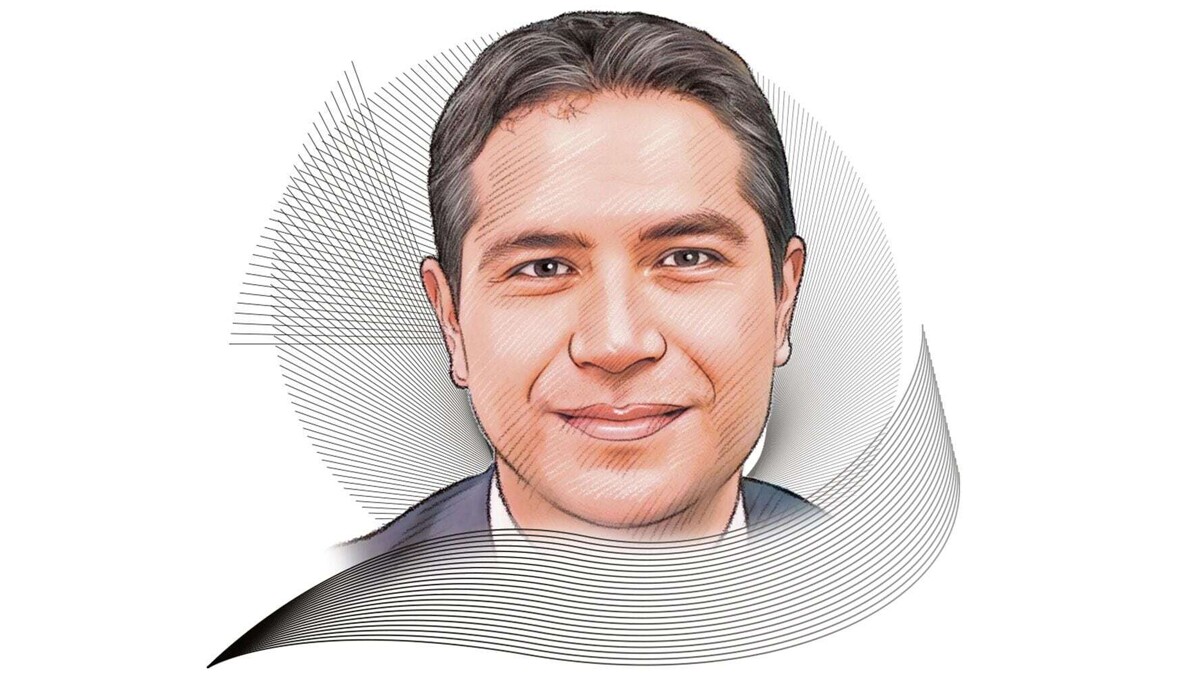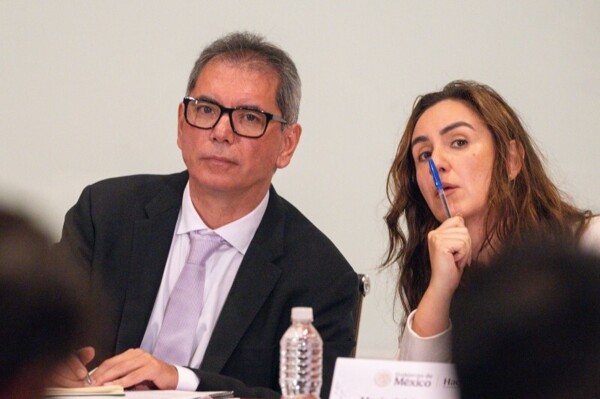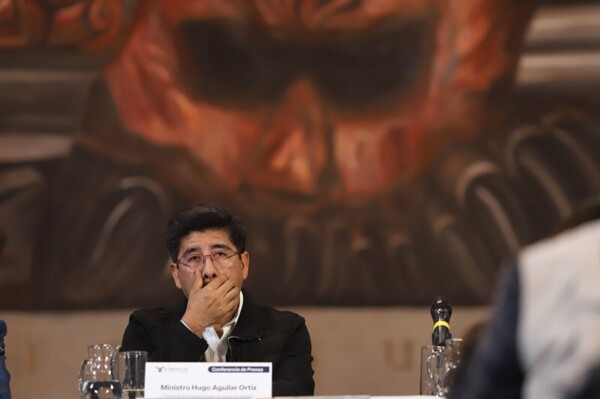
The next week of International Women's Day is approaching and one of the key topics to address is savings and pensions. Círculo de Crédito has been consolidating in recent years as a vital credit information society not only for financial institutions but also for Fintech, with 95 percent of them working with this entity. Led by Juan Manuel Ruiz Palmieri, Círculo de Crédito has positioned itself as the favorite among digital financiers in Mexico due to its solutions, technology, and service. The implementation of innovative technology, such as a fast and accurate API Hub, predictive models with artificial intelligence, and strategic alliances, has changed the way credit applicants' profiles are evaluated.
In contrast, Banco del Bienestar stands out for the dispersion of resources from federal government social programs through its more than three thousand branches. Although the institution has had profits in the last year under the leadership of Víctor Manuel Lamoyi, it still faces the challenge of attracting clients sustainably, especially those belonging to the base of the pyramid. It is expected that Banco del Bienestar will continue working on creating attractive products and services for beneficiaries of federal programs.
In another sphere, a relevant litigation is underway in the business sector under the supervision of the Tax Administration Service (SAT). Companies involved in the Manufacturing, Maquila, and Exportation Services Industry Program (IMMEX) are facing an incorrect calculation by the SAT, which has generated litigation for more than 44 billion pesos. Coparmex has expressed its concern about the SAT's interpretation, which could affect more than 6,500 IMMEX companies and millions of direct and indirect jobs. The decision on this issue is in the hands of judge Yazmín Esquivel, who must consider the arguments of the affected companies and uphold the rule of law at a critical moment for Mexico.
In terms of savings, it is evident that the use of cash continues to be predominant in Mexico, despite the growth of electronic payments. A study conducted by Banco Sabadell and ITAM reveals that only 24.8 percent of the Mexican population holds any formal savings account. There is a significant disparity in access to formal savings, where socioeconomic level and the gender gap play determining roles. Promoting financial education and accessible savings solutions are presented as key actions to reverse this situation, especially for women who, despite earning less, are trying to save to build wealth and face unforeseen events.














